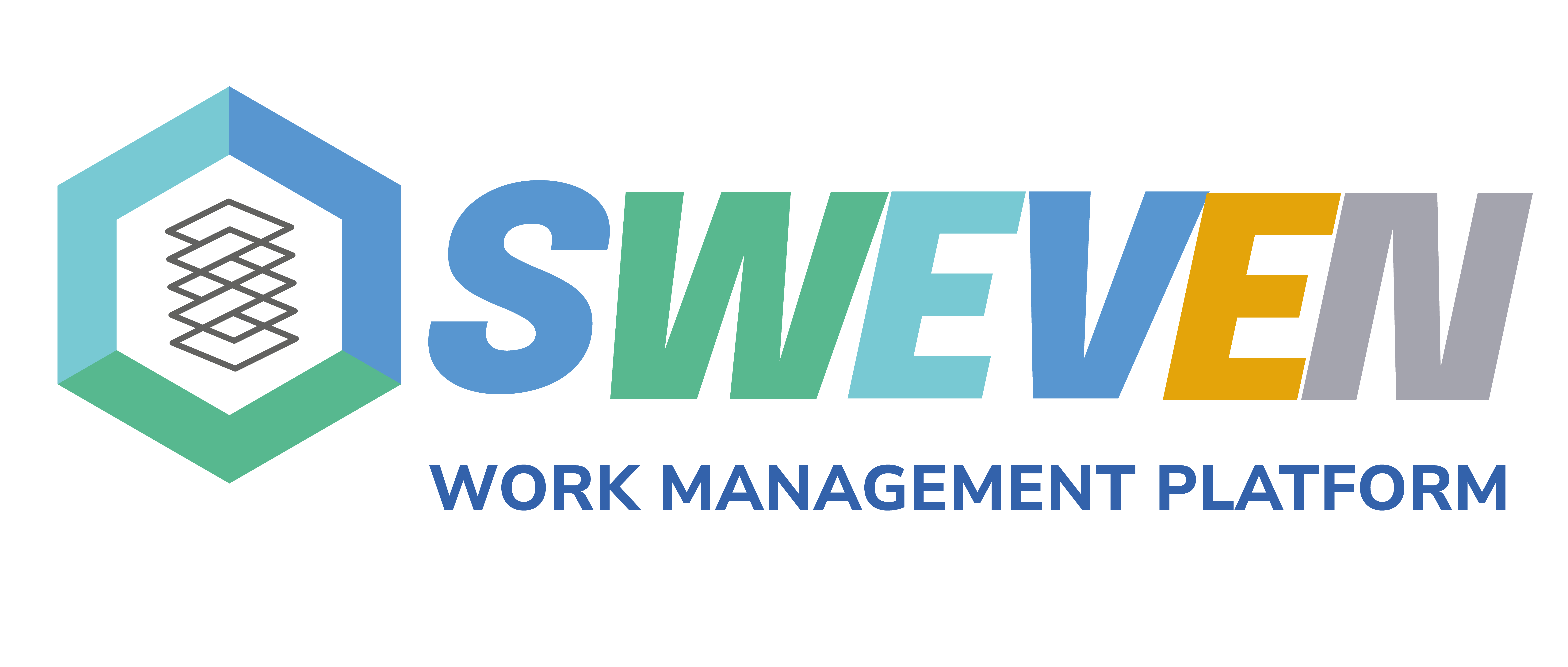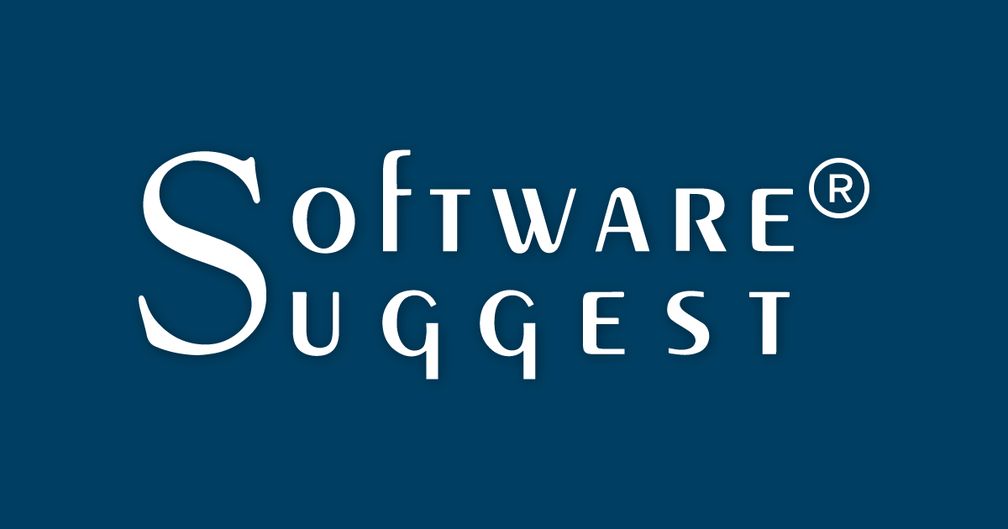
Vendor management is a critical part of any business, but ensuring that vendors meet expectations and fulfill obligations can be a challenge. One of the most effective ways to address this issue is by leveraging real-time data integration to boost vendor accountability. With real-time data, businesses can gain immediate insights into vendor performance, track delivery schedules, monitor compliance, and ensure that standards are consistently met.
This guide explores how real-time data integration can help improve vendor accountability and streamline operations.
1. Improve Transparency with Real-Time Tracking
Real-time data allows businesses to track vendor performance and deliveries as they happen. When both vendors and clients have access to the same real-time data, it creates an environment of transparency, making it harder for vendors to fall short on commitments without immediate visibility.
- Why It Matters: With live tracking, you can monitor shipment status, inventory levels, and production updates, ensuring that vendors are consistently meeting their contractual obligations. Any delays or deviations are immediately visible, enabling proactive solutions.
2. Enhance Communication and Responsiveness
When data is integrated in real-time, communication between your business and vendors becomes more immediate and effective. Vendors are more likely to respond quickly when they know their performance is being monitored in real time.
- Why It Matters: Faster communication helps address issues as soon as they arise, reducing downtime and preventing minor problems from escalating. This level of responsiveness ensures vendors remain accountable and are able to course-correct if needed.
3. Facilitate Data-Driven Performance Reviews
Real-time data offers a wealth of insights that can be used to assess vendor performance on an ongoing basis. With continuous access to key performance indicators (KPIs) such as delivery times, defect rates, and contract compliance, you can conduct more objective and data-driven vendor evaluations.
- Why It Matters: Performance reviews based on real-time data ensure that vendors are held accountable for their actions. By evaluating vendors with up-to-date data, you can make more informed decisions about whether to continue working with them or make adjustments to your vendor strategy.
4. Monitor Compliance and Risk in Real Time
Regulatory and contractual compliance are crucial aspects of vendor management, but they can be difficult to monitor consistently. Real-time data integration helps track compliance by providing up-to-the-minute updates on vendor actions, certifications, and adherence to regulatory requirements.
- Why It Matters: When you can verify vendor compliance in real time, it reduces the risk of non-compliance-related disruptions and ensures that your vendors adhere to the required standards. This improves accountability and mitigates risk for your business.
5. Reduce Delays with Predictive Analytics
By integrating real-time data with predictive analytics, businesses can anticipate potential issues before they occur. Vendors who know that their data is being used to predict outcomes are more likely to take proactive measures to avoid delays and maintain accountability.
- Why It Matters: Predictive analytics can forecast potential supply chain disruptions or production slowdowns, allowing vendors to adjust schedules and avoid delays. This not only increases accountability but also helps your business stay ahead of potential problems.
6. Optimize Vendor Relationships
Real-time data integration can improve your vendor relationships by creating a feedback loop based on actual performance. Vendors who consistently meet their obligations and perform well will be recognized, while those who fall short will be held accountable for making improvements.
- Why It Matters: Strengthening vendor relationships through performance tracking creates a more productive and transparent partnership. This approach encourages vendors to consistently perform at their best, fostering a culture of accountability.

How Sweven BPM Can Help Increase Vendor Accountability
Sweven BPM offers a powerful solution for increasing vendor accountability through real-time data integration. With its advanced data management capabilities, Sweven BPM enables businesses to monitor, track, and analyze vendor performance in real time. Here’s how Sweven BPM can help:
- Real-Time Data Integration: Sweven BPM integrates data from multiple sources, allowing you to track vendor performance, delivery schedules, and compliance in real time. This real-time visibility helps hold vendors accountable for meeting deadlines and maintaining standards.
- Automated Alerts and Notifications: Sweven BPM offers automated notifications that alert you to any delays, non-compliance, or deviations from agreed-upon terms. These alerts ensure that issues are addressed promptly, reducing the likelihood of vendor performance failures.
- Performance Dashboards and Reporting: Sweven BPM provides customizable dashboards where you can monitor vendor KPIs in real time. With detailed reports available at your fingertips, you can evaluate vendor performance, identify trends, and ensure that vendors are consistently meeting expectations.
- Enhanced Communication Tools: Sweven BPM’s integrated communication platform enables faster and more efficient interactions with vendors. With real-time updates and centralized communication, you can resolve issues quickly and keep vendors on track.
- Predictive Analytics: Sweven BPM incorporates predictive analytics to forecast potential supply chain disruptions or performance slowdowns. This allows vendors to take corrective action before problems arise, improving overall accountability.
- Compliance Monitoring: Sweven BPM helps track vendor compliance with industry regulations and contractual obligations. This ensures that vendors adhere to your standards, reducing the risk of non-compliance and maintaining accountability.

Incorporating Sweven BPM into your vendor management process will help increase vendor accountability, improve transparency, and foster better partnerships through real-time data integration.


























